June 26, 2014 – Today was the last day of the public school year here in Toronto. The youngsters are out for the summer holidays and that has made me think about just how much longer this education paradigm we have created will last.
Schools today are not too dissimilar to schools back in the mid-19th century. There is a standard curriculum, required books, a teacher at the head of the class, and students sitting in rows at desks. There are new wrinkles. Students use computers. They do group projects and group problem-solving. But there are still exams and tests, and students still bring home report cards several times a year with grades and teacher comments. This is an industrial factory education model. We put students in and twelve or thirteen years later with minds expanded they come out the other end.
Meanwhile, knowledge is expanding explosively, harboured on computers and servers across the planet. Access to it comes from the Cloud. And applications like Google Search, Bing, Wolfram Alpha and others deliver information once only found in textbooks and encyclopedias and now appearing on our smartphones, tablets and computer screens.
To make sense of this information explosion it would seem young people need an entirely new set of skills. These include:
- Asking the right questions to get quality search results,
- Organizing and managing the data outputs from queries,
- Fact-checking to sort out what is credible and what is fiction,
- And expression and presentation using a variety of media offerings from blogs to Twitter feed to video to web pages to gaming.
Where does rote learning fit in this set of skills? It doesn’t……Yes, I’m glad I memorized by multiplication tables back in Grade 3 and 4. They served me well. And I am glad I learned the “rule of 9” and how to do rounding. Now when I go grocery shopping I can figure out my bill within a dollar or two before I go to pay for it. But the invention of inexpensive digital calculators has made such skills anachronistic. There is no need to crowd those precious grey cells with multiplication tables anymore. You can save your grey matter to serve a higher purpose – questioning, hypothesizing, experimentation, discovery and innovation.
When I spoke today to a conference called “Jamaica 2030: A View of the Future Today,” I described what is in the cards for education over the next two decades.
I stated that technology is changing the teaching and learning paradigm forever, that it is disruptive to teachers, bricks and mortar schools, and traditional libraries and librarians.
I stated that life before “Google” is now being replaced by a continuous learning model with smartphones and connectivity making learning and collective wisdom accessible to all.
I talked about how digital literacy, the ability to use technology, is replacing academic literacy as a prime skill.
I remarked that game-based learning will move to the forefront as education becomes more self-directed and continuous for life.
What does this mean for the bricks-and-mortar school? In two or three decades my guess is these institutions will be far different than the ones you see today because virtual schools and online learning will be their replacements.
As for libraries, they too will become avenues to knowledge but not necessarily book repositories. I must admit I still use my local library to borrow physical books. The ones I usually get are history and science books. These are books I pour over and don’t necessarily read from page one to the end.
But my e-reader and tablet are filled with mystery, science fiction and light genre reading. And my library lets me borrow e-books. So at age 65 it would seem I have already become a digital citizen.
And what will come of college degrees? With learning ubiquitous (I occasionally audit free courses online offered by MIT and other universities, not for credit, but for the knowledge imparted) what new measures will we use to recognize achievement in learning?
When I was in high school there were a few teachers who inspired me to learn. When I got to university I found professors who occasionally kindled that same enthusiasm for discovery in me. So I believe there will always be the need for an inspiring teacher to provide the right stimuli to students. But education will more and more be something we take on individuallyfueled by access to a universal source of information all at our fingertips.
So no more pencils, no more books, no more teachers’ dirty looks…..welcome to the 21st century.

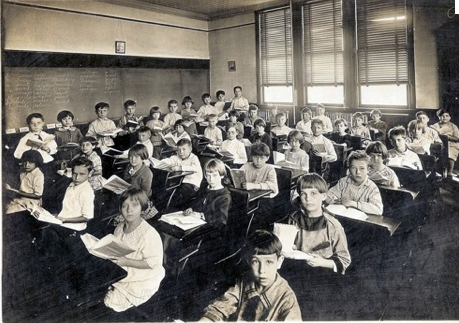
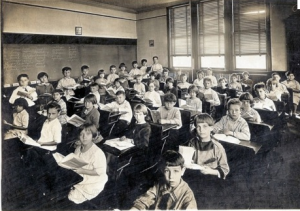
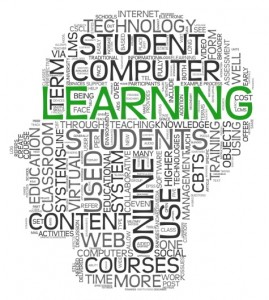



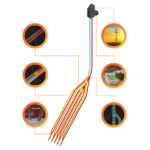

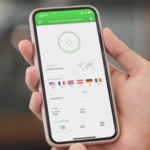
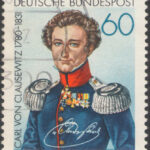
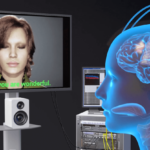







[…] Click here to view original web page at https://www.21stcentech.com […]
[…] Image sourced 21centech.com […]